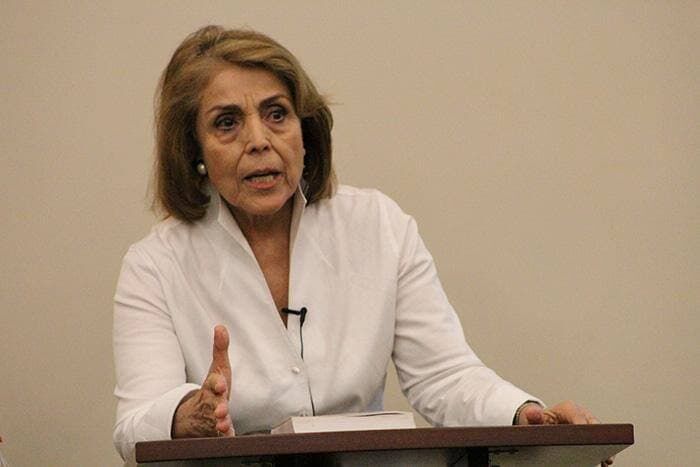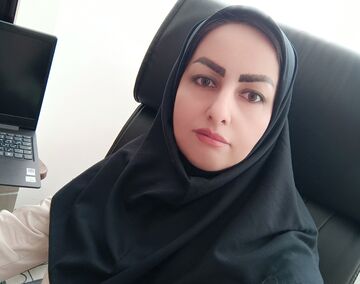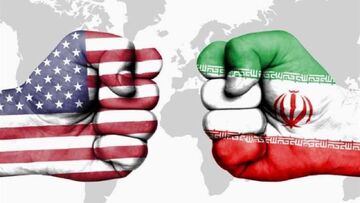TEHRAN(Bazaar) –Shireen Tahmaasb Hunter, a professor of political science at Georgetown University, tells that it is difficult to assess the degree of positiveness of Iranian authorities' discussions with the Sultan of Oman.
She says that what is clear is that the Biden administration is looking for a way to somehow reduce Israel's anxieties over Iran's nuclear program and thus prevent a potential Israeli attack on Iran.
Following is the text of the interview:
Q: Following the Sultan of Oman's visit to Iran, Tehran announced that one of the topics discussed was the nuclear issue. The state newspaper of Oman (Oman Daily) has also evaluated the negotiations in this field positively. What is your assessment of this issue?
A: It is difficult to assess the degree of positiveness of Iranian authorities' discussions with the Sultan of Oman. What is clear is that the Biden administration is looking for a way to somehow reduce Israel's anxieties over Iran's nuclear program and thus prevent a potential Israeli attack on Iran. Washington knows well that in that case the risk of the US being drawn into another Middle East war is real. Biden does not want to see this happen, especially with the approaching presidential elections in 2024.
Meanwhile, Iran seems to be interested in reducing tensions in its regional relations as evidenced by the reestablishment of diplomatic tie with Saudi Arabia and talk of reconciliation with Egypt. An agreement on the nuclear issue could facilitate this process.
Q: Before the Sultan of Oman's visit to Iran, Iran's Foreign Minister Hossein Amir-Abdollahian visited Oman and spoke about receiving new ideas about nuclear issue. Later, the media revealed that ‘Brett McGurk’, White House Coordinator for the Middle East and North Africa, made a secret trip to Oman (about two weeks before Amir-Abdollahian’s trip to Oman). Do you think that the idea received by Iran's foreign minister is the same plan for the temporary agreement that the United States has proposed?
A: Again, it is hard to say. But since the Biden administration has not been willing to revive the JCPOA, at least, in terms acceptable to Tehran, it is safe to assume that what was discussed was a temporary and limited agreement. In view of Iran's worsening economic conditions, Tehran, too, might be willing to accept a temporary and limited agreement in exchange for the release of some of its funds and possibly the reduction of some sanctions.
Q: If we assume that the plan received by Amir-Abdollahian is the American interim agreement plan, will this plan be an intermediate step to revive the JCPOA? If so, when do you think the JCPOA will be revived? After the US presidential election?
A: At this point in time, I doubt that a temporary agreement could lead to the revival of the JCPOA. This issue is now very much intertwined with US domestic politics. Going into presidential elections, Biden would not want to be accused of being soft on Iran.
Q: In a positive report, the International Atomic Energy Agency announced the resolution of 2 safeguard disputes with Iran. These two issues are: the issue of 84% enrichment and the discovery of enriched uranium in Marivan. The case of the first case has been closed by the IAEA and the second case is being verified. In your opinion, what effect will this positive report have on the JCPOA revival process?
A: Certainly, a positive report by the IAEA makes it easier for the US and others to reach some form of agreement with Iran. A negative report would have eliminated any chance of agreement. Also, the IAEA's positive report shows the interest of both the West and Iran to de-escalate the tensions emanating from Iran's nuclear program. Had the Western powers been opposed to such de-escalation, the IAE would not have issued a positive report. The fact that the IAEA has said that there is still much to be done shows that it wants to keep the remaining unresolved issues as a lever of influence on Iran.
Q: Expressing dissatisfaction with the agreement between Iran and the IAEA, Israel has accused this organization of neglecting these two issues. What is your assessment of Israel's position? If an agreement is reached, what action might Israel take? Can it disrupt an agreement that is supported by the United States?
A: Israel was opposed to the JCPOA and worried about the possibility that the agreement could lead to better US-Iran relations, something that Israel does not want. So naturally, Netanyahu will do all he can to prevent its revival or the reaching of even a temporary and limited agreement, including attacking the IAEA. But so far, his tactic has backfired.















نظر شما